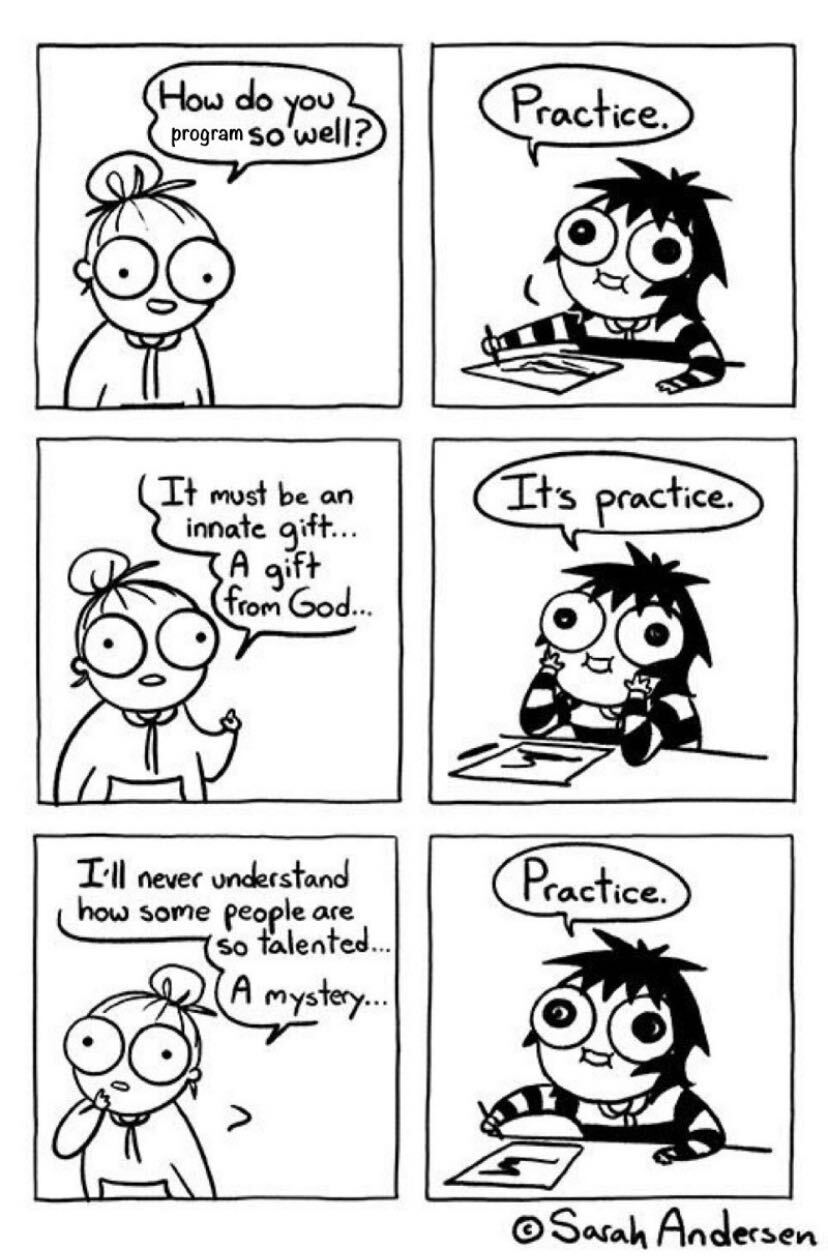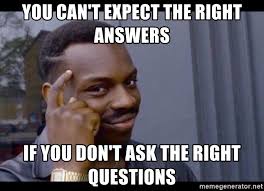Weekly Coding Challenge
Every week, we pick a real-life project to build your portfolio and get ready for a job. All projects are built with ChatGPT as co-pilot!
Start the ChallengePodcast: Code Sets You Free
A tech-culture podcast where you learn to fight the enemies that blocks your way to become a successful professional in tech.
Listen the podcastBest Practices
4geeks
Introduction to 4Geeks Academy
Welcome!! 🤩👏 My name is Alejandro, and I'm typing these words after years of teaching code and changing lives. Please, I beg you to read until the end, I will try my best not to bore you!
What you already know
You are here to develop your coding skills to a point where you can be useful to society in order to: 1️⃣ Get a job, 2️⃣ Create your own company, and 3️⃣ Adapt better to the current world.
What you did not know
You are also here because you need help, not only technical help, but also spiritual help, and I say this in the most pragmatic way possible.
The biggest wall to becoming a developer is not in the syllabus or content but in your mind.
We are about to change the way you learn, the way you approach life, and the way you sell yourself (therefore see yourself). We are tearing down old misconceptions about yourself, others, and your professional life.
We are here to tear down the 💻 3 Walls Toward Code
During the past years, we have identified specific reasons that cause students to stop trying to be a developer or fail to complete the course or get a job.
Wall #1: Confidence ❓ (Impostor syndrome)

At some point in our lives (some more than others) we all have thought we were the dumbest person in a room. If we keep thinking like that for a long time and we don't get comfortable with any discipline, we may even think that we are not that smart. Not at all! That's a lie! You are a part of this school, we do not accept people that we don't think are smart enough to make a living as a developer. You need to believe that, especially in tough times!
If a particular exercise or project is hard, instead of thinking you are not good at this, look for new ways of absorbing the content. Talk to a mentor and we'll give you exactly what you need.
Every average person can learn to code to the point of being useful, but coding gets more complicated when you specialize further in your career (Like A.I., Robotics, etc.), but you can make good money without having to study Math, without being good at numbers, or without learning as fast as others (we may be able to fix that, by the way).
📝 Recipe to avoid losing confidence
-
Avoid being stuck too long: Coding is tricky because you may be very close to solving a problem. If you are stuck and don't realize it, or maybe you don't know how to start solving the problem, a quick 5 min talk with a mentor will clear the way. You need to ask for help no longer than 15 minutes after trying on your own.
-
Talk to other students: You may think you are the only one that does not understand, but if you talk to a couple of classmates you'll see they are just like you, it will give you the confidence to ask any questions.
-
Talk to the mentors: A voice of experience is always effective, you have alumni and teachers that struggled before and are also struggling right now! They can help you during dark times, we're not only talking about giving you coding solutions, but giving you strategies to succeed in your (coding?) life.
Wall #2: Trust ✝
During all your life you've learned the same way, the educational system has put you in a box and trained you to learn slowly, limiting your ability to adapt to the new world of skilled fast-learning, and self-learning professionals.
We know how to train you: we have done it over and over again, but we'll train in such a different way that you may not like it at first. It's only normal that your mind will want to go back to learning "slow but safe", without having to be uncomfortable or constantly challenged by our system.
📝 Recipe to avoid losing trust in our methods
-
Follow the method! How can you know if it works if you don't try it properly? Do the homework BEFORE coming to class (flipped classroom), follow the syllabus in the recommended order, do the small exercises before jumping to the projects, come to every class, don't read books that will slow you down, etc.
-
Ask Why? There is only so much we can say, we need you to raise your concerns in a private way immediately the moment you start double guessing our methods, we do everything for a reason and I'm confident that we are going to be able to explain "the why".
-
Humble yourself: There are lots of smart students that have successfully completed the course following the method, some of them work at Google, Amazon, and other globally recognized companies. Please be humble enough to try and follow the course as it is. You can talk to us if you have any ideas for improvements; we are also humble enough to be open and try something new that might work.
Wall #3: Inactivity 😴
This is a boot camp, it does not matter if you do it on a full-time or part-time basis, you need to embody a boot camp mindset and work every day like it's the last. The Human brain absorbs 80% more if we feel challenged and scared, if you idle for a day the brain relaxes, and it's proven that you usually forget 60% of recently acquired information in just 1 day unless you use it again and again for a sequence of 7 days (at least).
These are not small numbers, 60% in a day and 90% if you don't practice for a week. You are wasting your time and money if you don't take the course seriously!
📝 Recipe to avoid inactivity
-
"Communicate with your spouse, partner, and family: You'll need a break from most obligations. We understand that life is challenging, and adding more responsibilities can be daunting. But remember, this is a temporary commitment, and the rewards are plentiful. Everyone needs to be supportive during this time!"
-
Talk to your boss: You may need a few extra hours, weekend time, etc. Be smart about it, or he/she could sabotage it because he is afraid of losing you.
-
Don't miss class: Missing classes is our biggest concern, we are very concerned about attendance because it has shown that it is the #1 deterrent to your motivation. Missing two classes in a row is the perfect storm. You will need to have 1-on-1 mentoring and double the hours through that week to avoid staying behind.
-
Get involved: Just coming to class will not be enough! Humans are beautiful emotional creatures. Information attaches better to your brain when you are engaged, emotional, coming to events and study groups, publicly speaking about it, etc.
What's next?
Please make sure you understand how the academy works:
- Platform: 4Geeks.com, The Syllabus (learn how to follow it), GeekPal, GeekForce, the lessons, exercises, projects, and assets.
- The people: We are more than five thousand people now! Leaders, Mentors, the Alumni and Students, we are here to help, and we are here to stay. Network, make friends -- take advantage!
- The community: Communities are not one way, they just don't work like that to the events, support other students, give first and you will receive later. Slack, GeekTalks, Workshops, Group Studies.
Best Practices while starting to learn code
| The Best Practices while starting to learn code | Memes |
|---|---|
| Don't read (much): Coding is like a sport, the best way to get better is through practice. Learn by doing |  |
| Sleep: Having a good night's sleep is as important as coming to class, coding is 100% intellectual, and having a sharp mind is everything. |  |
| Learn how to ask: The biggest challenge you have to address at first is learning how to ask a question, picking the right words, knowing exactly what you want to know is the best skill for any developer. |  |
| Ask questions: It's a win-win, preparing the question will teach you, we get feedback from your understanding, it is the biggest boost for your learning process. It's what you are paying for. |  |